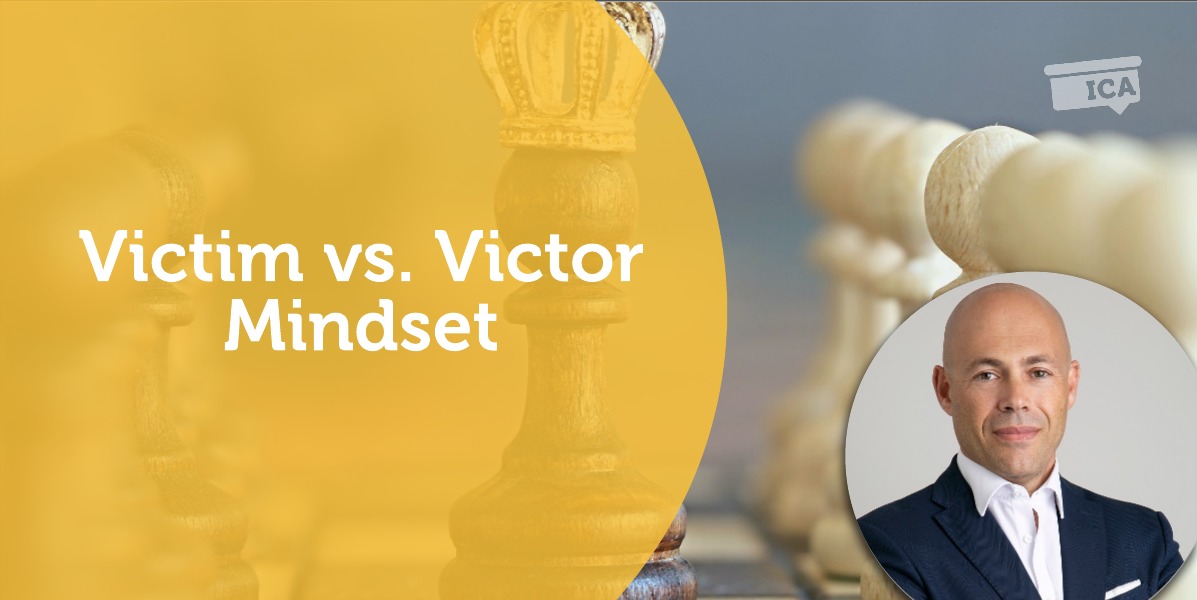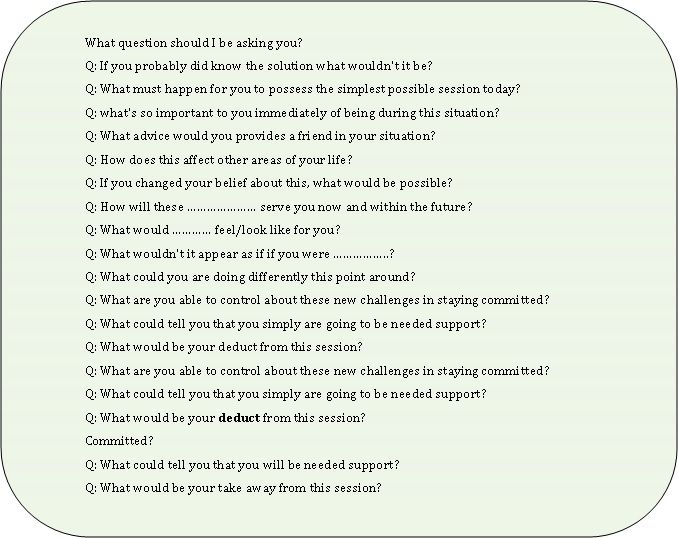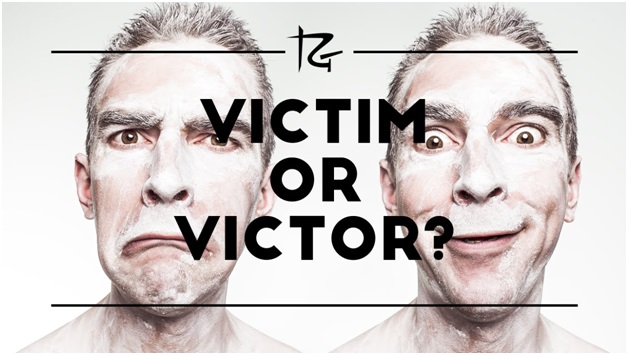 A Coaching Power Tool Created by Nicholas Kittis
A Coaching Power Tool Created by Nicholas Kittis
(Transformational Life Coach, CYPRUS)
What’s the story?
The average person during this world is an impact, not a cause. they’re an impact and victim of thoughts, feelings, opinion, mood, desires, emotions, appetites, lower self, people, biorhythms, the human body, past lives, subconscious programming, the weather, astrological influences, vital forces, illusions, fantasy, and therefore the environment, just to call a couple of. Only a little percentage of the population are those who take full control of their lives and become Victors.
I am confident that there’s no one that knows someone either, friend, family, spouse, etc. who isn’t or has not been a victim in today’s life. this is often how the universe is made and it’s up to us – YOU to seek out the courage to form the change and to make sure you’ll live a far better quality of life.
What does it mean to have a Victim Mindset?
The victim mindset may be a habitual way of watching life — an automatic orientation towards the events in ones’ life as unfairly getting the short end of the stick or being taken advantage of.
This mentality leads one to feel powerless in confronting circumstances.
It is important to know that no-one consciously chooses to be a victim. Through life and our journey, it’s more of how we fall under, and that we become comfortable with this manner because it fits perfectly and comfortably, and it works. This pattern becomes a technique to affect life —staying safe in one’s temperature, numbing oneself, finding a corporation, getting attention, avoiding being liable for something in one’s life, etc.
In short, having a victim mentality means you blame people and circumstances for the unhappiness you are feeling .
Through victimhood an individual receives validation that they’re an honest person, they receive attention, sympathy and if circumstances were just different, they might be thriving. In short, it is a perfect thanks to “save face” amid any quiet failure.
A victim mindset also can be created by real and authentic concerns that aren’t receiving the eye required or aren’t being addressed. With this, the person then becomes conversant in the results and understands that helplessness ensues. it’s not different from what we learn a day, utilizing repetition of a pattern over time. an honest example would be – I want help, get ignored, please help me, get ignored, are you able to help me, I do not care to go away me alone. Here the person had a true issue, but as he could see that nothing would change overtime he stopped being committed.
To better understand a Victims behavior below is a few examples:
The classic victim’s behavior often includes the following:
What does it mean to possess a Victor Mindset?
The victor arises in particular circumstances in the least times.
Victors dominate their moods, character, qualities, and powers, also because of the environment surrounding them, and become Movers rather than pawns.
Victors are achievers. What they seek most is an achievement within the goals they need set. By this, they need realistic expectations for what’s possible in line with what’s required for them to realize their goal. Victors are those that don’t await things to happen accidentally but they prepare themselves accordingly daily in what must be done.
On the opposite hand, the classic victor’s behavior usually includes:
Coaching application
Coach’s Consideration
For coaches, many purchasers will inherit a session with only but knowledge and knowledge of a victim’s mindset. the chance here for the coach is to bring out that shift from victim to victor and make a learning space for the client.
Through coaching and its process, the coach assists the client to uncover their underlying beliefs which play a crucial part in what has been keeping theme the victim mindset. With the coach’s presence, active listening, powerful questioning, direct communication, creating awareness, etc. – the client is going to be ready to bring the shift and gain awareness of the beliefs that drive them to require action towards the victor.
The underlying beliefs of the client are going to be within the spotlight, whereby many emotions, feelings, beliefs, self – assessment are going to be brought out. Here the coach is going to be ready to identify these areas by active listening or understanding the client’s change in visual communication, tone of voice, energy shift, etc., and ask the client how this is often connected.
For a client who understands/believes nothing aside from being the victim, having the ability to uncover a rigid belief and having to get a replacement perspective can for many be difficult. At now, the coach can work with the client to see the victor mindset and the way important this may be for the client.
The coach in the least times is going to be required to speak with the client effectively with a masterful practice, giving the client the feedback objectively, with clarity, constructively, which can only but move the client to action.
Coaching questions which be helpful during the session:

Our clients are completely capable of making their solutions; sometimes they’re just stuck in their stories. Through reflective inquiry, a teacher can make them conscious of what and the way they’re thinking, the underlying beliefs and assumptions, the self-talk, their blind spots, etc.
Once the client can see more clearly and beyond their usual points of view, they will discard limiting beliefs, expand their thinking, and make new perspectives and new actions. there’s nothing more fulfilling for a teacher than to ascertain clients maximize their potential.
Reflection
- Think about your perception of being a victim? What are the behaviors that you simply see as characteristic of being a victim?
- What areas of your life are you not taking action in at the instant and why?
- Think about your perception of Victim/Victor. What are the behaviors that you simply see of somebody living by the victim/victor?
- What are a number of your own underlying beliefs regarding the coaching process?
- How are you able to support your clients in coming to their sense of victor and about who they are?
- What behaviors are you able to put in situ as a teacher to make sure that you simply don’t bring your “Victim/Victor” to a training relationship
- How are you able to maintain self-awareness during a coaching conversation?
- As a coach, what are some powerful questions you’ll ask your client to maneuver them forward into action?
- What does one do if your client doesn’t want the “Victor”?
References:
The Difference between a Victor and a Victim | Better Life Coaching Blog
From Victim to Victor | Sarah Hernholm | TEDxYouth@Austin
(111) From Victim to Victor | Sarah Hernholm | TEDxYouth@Austin – YouTube
Coaching for Performance – 5th edition by Sir John Whitmore
Victim or Victor – Bing images
The Power of Reflective Inquiry in Coaching – International Coach Federation
